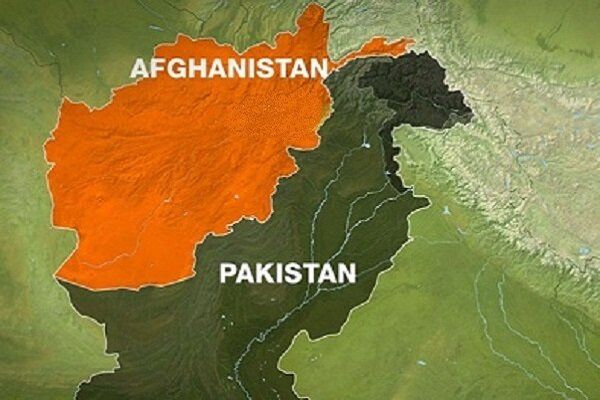Copyright dawatmedia24

ISLAMABAD/KABUL – Following a deadlock in internationally-mediated talks in Istanbul, Pakistan has signaled a willingness to restart dialogue with the Taliban government in Kabul. This overture comes amidst a dramatic escalation in rhetoric, including a direct military threat from a senior Pakistani minister, which has been condemned by Kabul as an act of aggression. The initial round of talks, facilitated by Turkey and Qatar, concluded this week without any tangible progress. Diplomatic sources indicate that the Pakistani delegation had prepared to depart after the negotiations reached an impasse, with both sides publicly accusing the other of bad faith and a lack of seriousness. The Core Dispute: Terrorism and Sovereignty The breakdown primarily stems from a deep rift over counterterrorism cooperation. The Pakistani side, according to officials, demanded a written pledge from the Taliban government to dismantle and take decisive action against the Tehrik-i-Taliban Pakistan (TTP), a designated terrorist group that Islamabad claims operates freely from Afghan soil. Taliban negotiators reportedly refused to sign such a document, maintaining that the issue should be resolved through dialogue and that Afghanistan’s sovereignty must be respected. Escalation: From Diplomacy to Threats The diplomatic stalemate quickly spilled over into a war of words. Pakistan’s Defence Minister, Khawaja Muhammad Asif, dramatically raised the stakes on Wednesday by not only claiming the Taliban had become a “proxy for India” but also issuing a direct military threat. “We can destroy them [the Taliban] completely,” Asif stated, a remark interpreted in Kabul as a declaration of intent for a wider cross-border conflict. The Afghan Perspective: Sovereignty Under Threat From Kabul’s viewpoint, Pakistan’s demands and subsequent threats represent a fundamental attack on Afghan sovereignty and a refusal to acknowledge the new reality. Afghan interests, as articulated by Taliban officials, are centered on: Recognition and Legitimacy: The Taliban government seeks international recognition and views bilateral agreements as between sovereign equals, not as diktats from Islamabad. Non-Interference: Kabul consistently denies providing sanctuaries for the TTP and frames Pakistan’s demands as an imposition, arguing it is being asked to fight Pakistan’s internal battles on its own territory. Security Guarantees: The Taliban government has stated that it will not allow its soil to be used for attacks against any country, a pledge from the 2020 Doha Agreement it expects to be reciprocated. From their perspective, Pakistan’s cross-border artillery strikes and alleged drone incursions violate this principle. In a sharp response to Minister Asif’s comments, Taliban Deputy Interior Minister Mohammad Nabi Omari accused Pakistan of being the aggressor. He stated that “foreign-backed elements” – a thinly veiled reference to Pakistan’s own international alliances – were attempting to “impose war on Afghanistan.” “Such threats are an attack on our sovereignty and a direct contradiction of international law,” Omari said. “The Islamic Emirate is fully prepared to defend its territorial integrity and will never compromise on it.” Regional Mediators Push for De-escalation Diplomatic observers suggest that the renewed willingness to negotiate is less a product of bilateral goodwill and more a result of intense pressure from mediators Turkey and Qatar. Both nations are eager to prevent a full-scale armed conflict along the volatile Afghan-Pakistani border, which could destabilize the entire region. The mediators are now reportedly pushing for a temporary ceasefire framework to create a window for further dialogue. However, with trust at a historic low and the specter of cross-border attacks looming, the path back to the negotiating table remains fraught with significant challenges. The situation underscores the fragile and increasingly hostile nature of relations between the two neighboring states. Support Dawat Media Center If there were ever a time to join us, it is now. Every contribution, however big or small, powers our journalism and sustains our future. Support the Dawat Media Center from as little as $/€10 – it only takes a minute. If you can, please consider supporting us with a regular amount each month. Thank you DNB Bank AC # 0530 2294668 Account for international payments: NO15 0530 2294 668 Vipps: #557320 Donate Here



